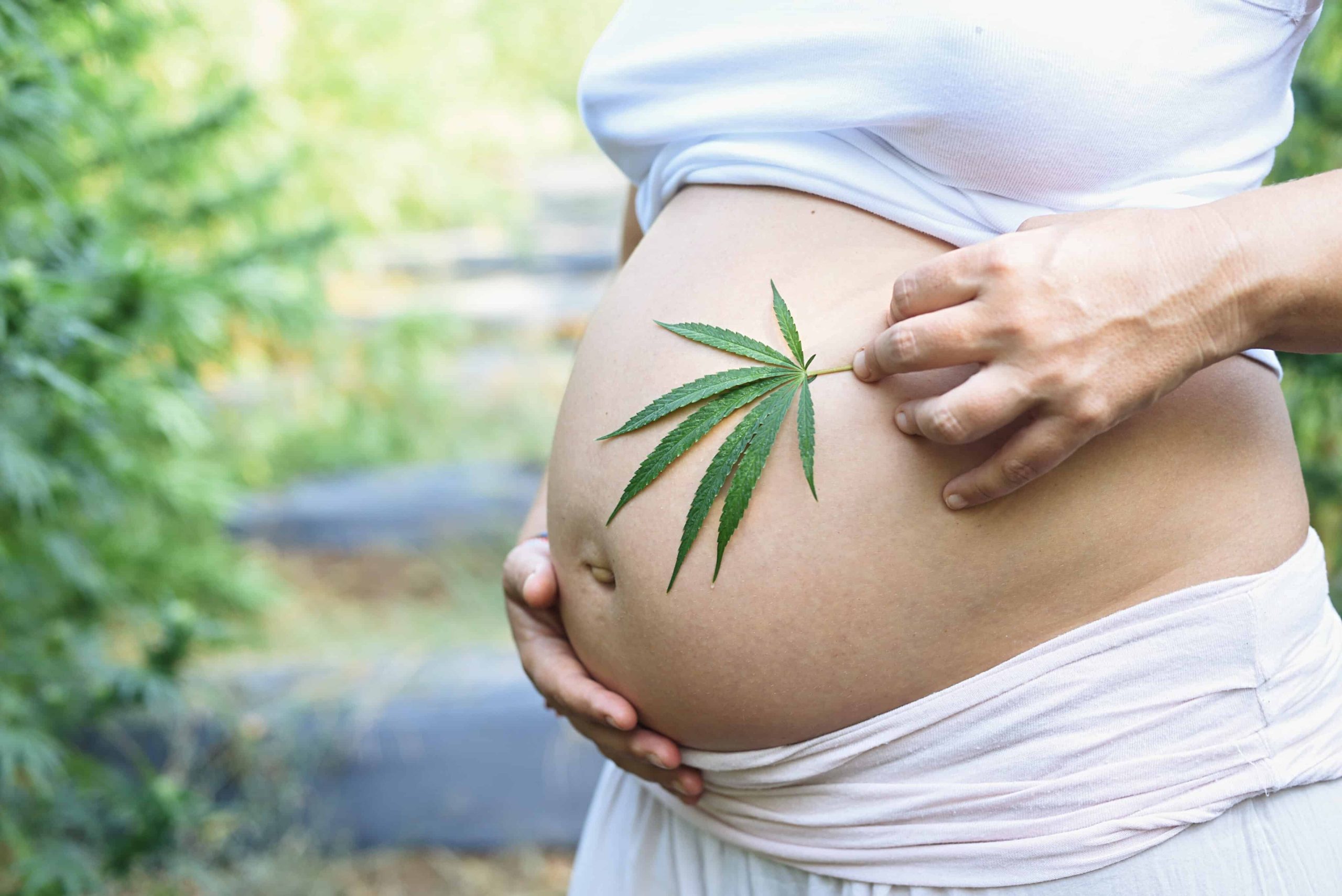A new study finds that babies exposed to cannabis in the womb may be at higher risk for certain adverse birth outcomes, such as low birth weight and preterm birth.
The peer-reviewed study was published Thursday. Dependence It was a meta-analysis, a compilation of information from 57 previous studies. Data samples from just under 13 million infants were analyzed, including 102,835 infants who were prenatally exposed to cannabis. Combined with data on the frequency of preterm birth, low birth weight, and NICU admission, infants exposed to cannabis were 1.5 to more than 2 times more likely than those who were not.
“Prenatal cannabis use appears to be associated with low birth weight, preterm birth, and neonatal intensive care unit admission, but prenatal cannabis exposure appears to be associated with behavioral and cognitive effects in early childhood, with the exception of attention and externalizing.” “There is little evidence that it adversely affects outcomes,” the study says.
According to this study, cannabis use during pregnancy did not lead to increased infant mortality, sudden infant death syndrome, or birth defects. However, at least 48 of the 57 studies analyzed recorded higher rates of low birth weight, preterm birth, and NICU admission.
- Twenty of the studies analyzed examined the possible association between cannabis use and preterm birth. The infants exposed to cannabis in utero in these cases were more than 1.5 times more likely to be born prematurely than those who were not.
- Eighteen of the studies analyzed the possible association between low birth weight and in utero cannabis exposure. Infants exposed to cannabis in these cases were more than twice as likely to be born with low birth weight compared to unexposed infants.
- Ten of these studies examined a possible association between infant NICU admission rates, with infants exposed to cannabis being more likely to be admitted to the intensive care unit than non-exposed infants. It turns out they’re more than twice as likely.
Mariam Sokou, lead author of the study and a doctoral candidate at the Institute of Medical Sciences at the University of Toronto, said: written statement This study supports data showing that THC can enter the placenta when used during pregnancy.
“The global increase in cannabis use among women of reproductive age is also extending to pregnant women. “We know that it can bind to the receptors of “Our study furthers that knowledge by showing that prenatal cannabis exposure increases the risk of several adverse birth outcomes.”
There are a number of shortcomings in this study and the way the data is presented, primarily the sample size, which must be considered before drawing any sweeping conclusions. In this case, the sample size of infants who were not exposed to cannabis and those who were exposed was 130:1.
Additionally, this study did not provide data on exposure to other drugs during pregnancy, a number of which have been shown to cause adverse birth outcomes similar to those listed in this study. Are known. Although cannabis use is not necessarily indicative of other drug use, that data would have been a welcome addition to the rest of the data presented from this study.
The use of cannabis during pregnancy is still controversial. A 2019 study found that cannabis use during pregnancy is on the rise in the United States. Previous studies have also found a negative correlation between cannabis use and pregnancy. 2022 The study looked at 27 previous studies from 1986 to 2022 and found that cannabis use increases the risk of preterm birth.
But another study published this year looked at data on just under 3,000 births between 1989 and 1993 and found that cannabis use during pregnancy increases the risk of mental and cognitive disorders in children. It turns out there wasn’t. His NORML review of this research is 2017 said:
[The] The evidence for the health effects of cannabis use during pregnancy on maternal and child health is stronger than that of many other substances. …While there is a theoretical possibility that cannabis may impede neurodevelopment, human data extracted from four prospective cohorts show that there are long-term and long-term implications for children exposed to cannabis in utero and those who are not. No differences were identified. ”




